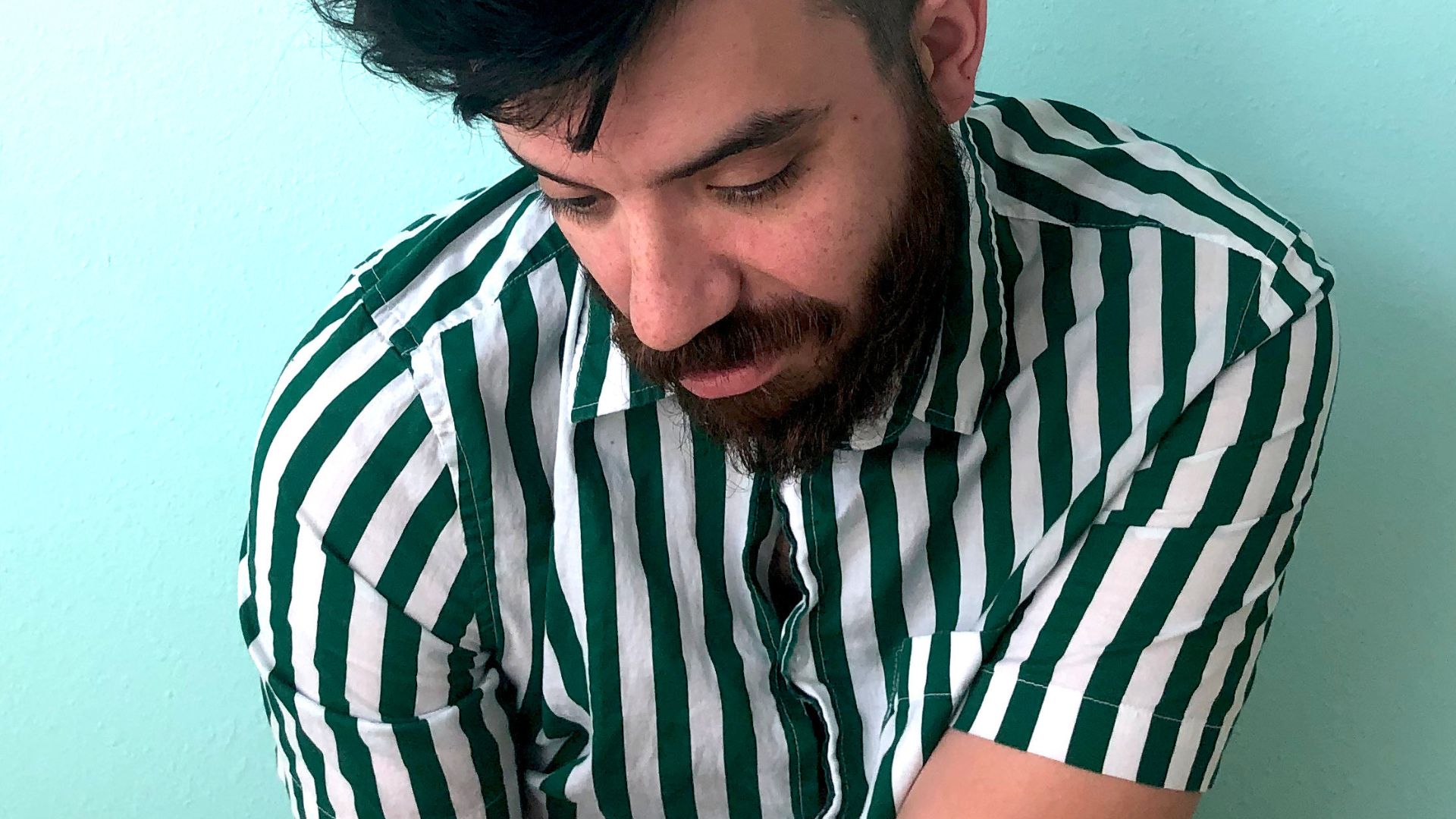You are viewing your 1 free article this month. Login to read more articles.
Akbar, Antrobus and Kunial shortlisted for £5k Ledbury Hellens Poetry Prize
Kaveh Akbar, Raymond Antrobus and Zaffar Kunial have been shortlisted for the £5,000 Ledbury Hellens Poetry Prize for second collections.
The prize, now its fourth edition, is aimed at collection published in Britain and Ireland in 2021 and 2022. It is being judged by Togara Muzanenhamo and Penelope Shuttle, and the winner will be announced at an online reading and award ceremony on Monday 4th December.
Akbar is on the list for Pilgrim Bell (Chatto), hailed as a book "about the soul and the divine". Meanwhile, Antrobus is in the running for the "living and redoubtable" collection All the Names Given (Picador), and Kunial is on the shortlist for England’s Green (Faber), praised by the judges for his "masterly linguistic word-play".
They are vying for the prize alongside Kayo Chingonyi, on the list with A Blood Condition (Chatto), a collection that "is concerned with inheritance and grief". Annemarie Ní Churreáin is shortlisted for The Poison Glen (The Gallery Press), called "a literary monument to silenced voices" by the judges, while Sarah Westcott is competing with Bloom (Pavilion Poetry), in which every "shimmering perception holds its nerve".
The prize aims to support and encourage poets at the "mid-career" stage. In assessing the shortlisted second collections, the judges will also read the poets’ first collections and take account of how their work has developed from debut to second book.
The shortlisted poets will be invited to read at an Online Prize Giving event as part of Ledbury Poetry when the judges will announce the winner.
Muzanenhamo said: "The award is special because it celebrates the accomplishment of what can be an artistic hurdle for some poets – compiling a second collection. There are numerous prizes for ‘first collections’ and ‘best collections’ but few focus on the pivotal role of a poets’ second book – a book that may highlight a poet’s maturing voice or solidify their career.
"I am excited at the prospect of reading work that will confidently explore and freely navigate language and introduce us to voices that will shape the future of poetry."
Shuttle added: "A poet’s second collection can be a perilous stepping stone in building a poet’s profile. This Prize seeks to make sure second collections are guaranteed deep and serious consideration. In this way a light is shone upon collections that otherwise might remain in the shadows."




















